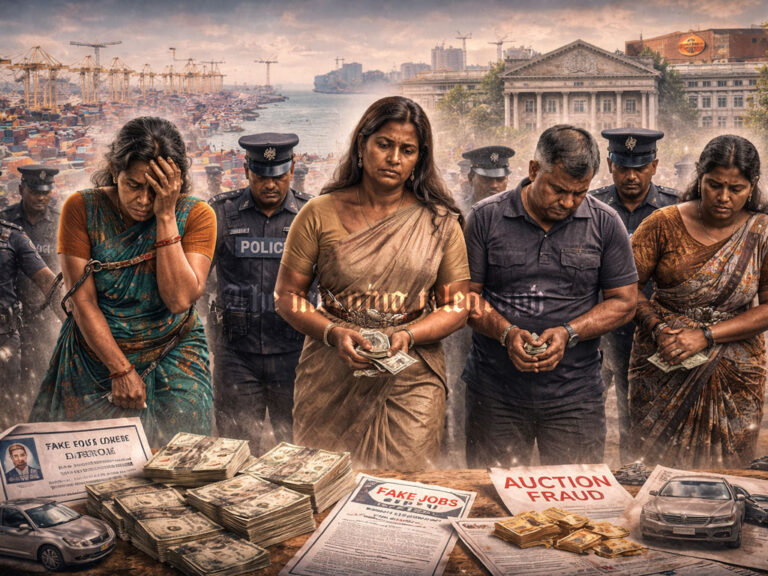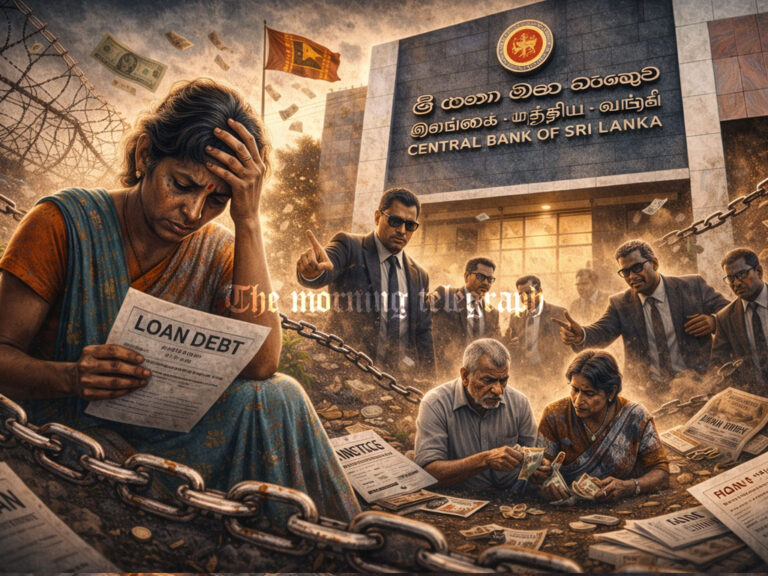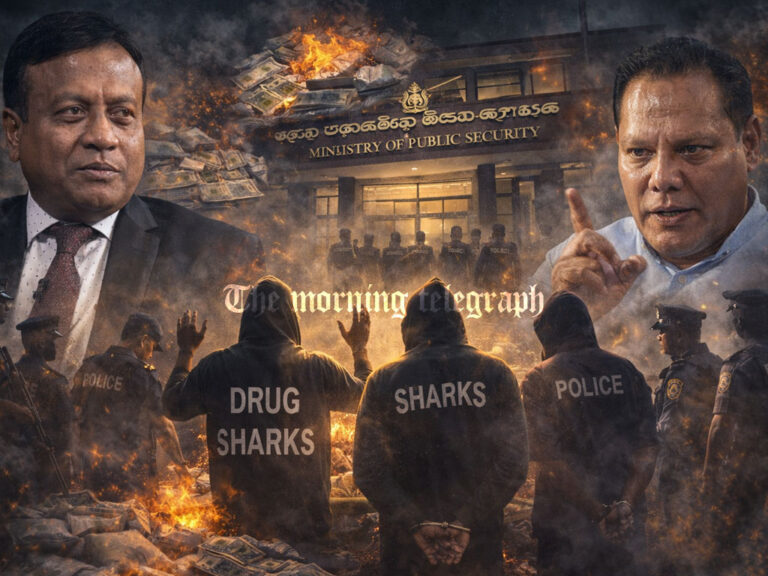
(Singapore) After two decades at the helm, Singapore’s Prime Minister Lee Hsien Loong is stepping down, marking a significant transition in the nation’s leadership. He will pass the leadership baton to his deputy, Lawrence Wong, who also serves as the finance minister, on Wednesday night.
Since its independence in 1965, Singapore has been led by only three prime ministers, all from the People’s Action Party (PAP), beginning with Mr. Lee’s father, Lee Kuan Yew, the nation’s founding father. The forthcoming transition highlights a shift in Singapore’s political landscape as it moves beyond the Lee family’s long-standing influence, although Mr. Lee will continue to serve as a senior minister.
In his final interview as Prime Minister, Lee expressed gratitude towards the citizens of Singapore, reflecting on his leadership approach which aimed to inclusively progress with the populace. He noted his efforts to differentiate his governance style from that of his father and his predecessor, Goh Chok Tong.
Mr. Lee’s political career began in 1984 and saw him rise from a backbencher to the Prime Minister in 2004. His tenure was initially scrutinized for potential nepotism, but over the years, he successfully carved his distinct legacy. Under his leadership, Singapore not only weathered multiple global crises, including the financial downturns and the Covid pandemic, but also achieved significant economic growth and transformed into a global financial hub.
Internationally, Lee skillfully navigated Singapore’s diplomatic relations amidst the complex dynamics between the U.S. and China. Domestically, his administration repealed a controversial anti-gay sex law, following extensive advocacy by LGBTQ groups, although freedom of speech continues to be tightly regulated.
Despite his popularity, Lee’s tenure was not without controversy. Policies to address labor shortages by increasing immigration in the late 2000s were met with significant public dissent, exacerbating social inequalities and concerns over national identity and racism, which intensified during the pandemic.
Critics have also pointed to unresolved issues in public housing and social policies, which have significant implications for the majority of Singaporeans. On a personal level, Lee faced a very public family feud over his father’s estate, which challenged his reputation and raised questions about political integrity and governance.
As Lee Hsien Loong steps down, his legacy—a blend of economic prowess and complex social challenges—will remain a pivotal chapter in Singapore’s developmental narrative.




